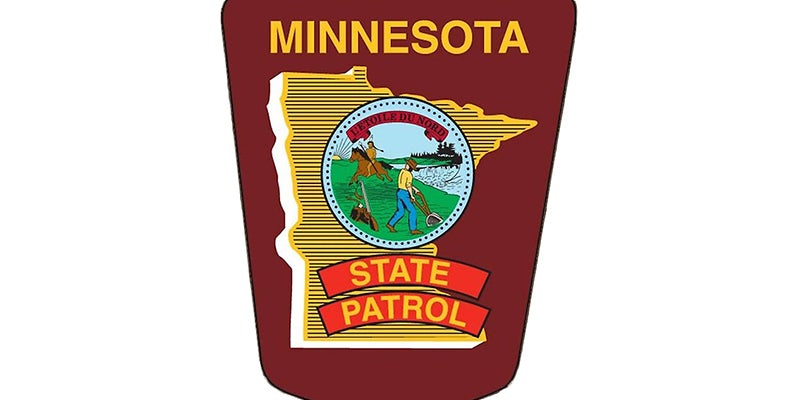Be wary of student loan assistance companies; Don’t pay for what you can do on your own
Published 10:20 am Friday, July 17, 2015
Your Legal Rights
Office of Minnesota Attorney General Lori Swanson
In recent years, many “student loan assistance companies” have formed to take advantage of the unprecedented levels of student loan debt. Consider:
•The cost of college has increased over 1,000 percent in the last 30 years.
•Approximately 40 million people nationwide owe over $1.2 trillion in student loan debt (more than double the amount owed in 2007).
•Student loan debt is now the second largest form of consumer debt—second only to home mortgage debt.
•About $120 billion of federal student loan debt was delinquent in 2012 — a 30 percent increase from 2011.
At the same time, many graduates have faced a bleak employment market:
•One recent analysis estimated that one in four recent college graduates was unemployed or underemployed. The Millennial generation makes up about 40% of the unemployed.
•One in four Millennials has had to move back home at some point after entering the workforce due to financial hardship.
•Incomes for those ages 25 to 34 have fallen every year since 2007 in every area except health care.
With many recent graduates struggling to find jobs and the amount of student debt rising, the student loan assistance industry — and the opportunity for scams — has grown.
Student loan assistance companies sell services that claim to help borrowers manage and repay their student loans. Companies have flooded Internet search engines with promises of reducing, forgiving, or eliminating consumers’ student loan debt.
Don’t be fooled. Student loan assistance companies try to hide the fact that they charge hundreds or thousands of dollars for something borrowers can do for free. The companies often claim to have “inside information” or special relationships with the U.S. Department of Education to dupe borrowers into paying.
It is important for student loan borrowers to be on the lookout for companies that charge hefty fees for onesizefitsall services that aren’t right for everyone and are available for free from the government. Here’s how it might happen:
“Tracy” signed up for what she thought was a student loan repayment plan sponsored by the U.S. Department of Education. After paying almost $500 in fees — money that she was told would count toward her loan payments—she found out that the repayment plan was not affiliated with the government and the fees were not applied to her loans.
“Jeff” contracted with a student debt relief firm to consolidate his loans. After several $40 monthly payments, Jeff discovered that none of the payments had been applied to his loans and that his loans were now in default.
Red Flags
Student loan assistance scammers may advertise consolidation, deferment, forbearance, or forgiveness programs as onesizefitsall, surefire fixes for borrowers struggling to manage their student loan debt. It is important to remember that not all repayment plans work for everyone.
Choosing the wrong repayment plan can have serious consequences. For example, some deferment and forbearance plans are only appropriate for someone who is permanently disabled and unable to work. If a person who signed up for one of these plans gets a job and earns money down the road, the person may have to pay back thousands of dollars in back payments, fees, and interest. Other repayment plans may lengthen your loan payback period, meaning you’ll pay more in interest. The Attorney General’s Office offers a publication—“Student Loans”—with more information on student loans.
Watch out for these red flags:
•Promises of immediate loan forgiveness or cancellation
•High upfront fees to apply to the U.S. Department of Education for loan programs
•Phrases like “Call Now!” “Get Your Student Loans Forgiven Now!” “Guaranteed Results!” or “Savings Plan Available for a Limited Time Only!”
•Statements about relationships with the government
•Requests for a student’s Federal Student Aid PIN for services (The U.S. Department of Education advises borrowers against sharing their fourdigit National Student Loan Data System PIN with others).


